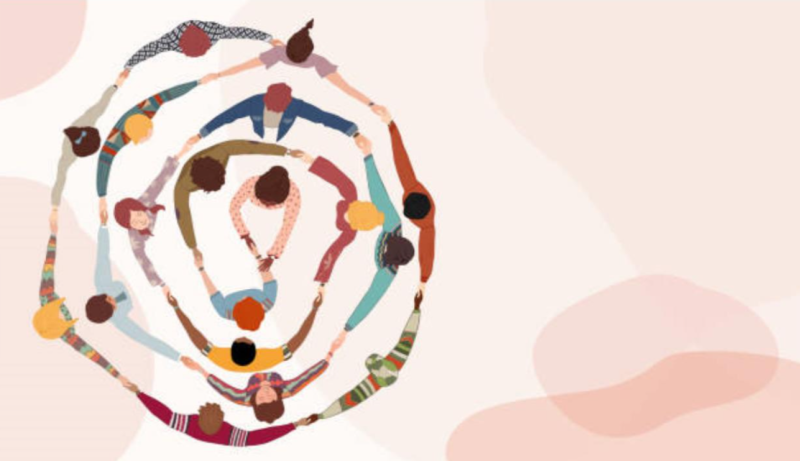Role of Community in Community-Based Research
By: Marie Spence, Research Methods & Statistics Program

“If you want to go quickly, go alone. If you want to go far, go together.”
– African Proverb
As a graduate student, I’ve found that it’s easy to get stuck looking in the mirror. We design a thesis or dissertation, get excited about our own research topics, and spend an incredible amount of time defending and justifying our work. While it’s important to know our work deeply and be able to identify the methodological and theoretical underpinnings of our research, it can feel like this narrows the window for growth. When we work so hard to prove ourselves and our work, when do we have time to engage in meaningful reflection and elicit feedback from our communities?
When I joined CCESL’s Community of Practice, I had just decided that my master’s thesis would be a community-based research project. I was excited (and a little nervous) about impacting the community where I work as a therapist and was looking for more support in processing and learning about community research. I now have endless gratitude for this opportunity to connect with other individuals who value community-centered research and fostering a space to unpack, reflect, and look at issues from new angles.
“Communities of practice are groups of people who share a concern, a set of problems, or a passion about a topic, and who deepen their knowledge and expertise in this area by interacting on an ongoing basis.”
― Etienne Wenger
I had the opportunity to present my research proposal shortly before I was about to begin the implementation of my project within my community. My fellow group members asked meaningful questions, helped me explored potential challenges, and gave me feedback that allowed me to grow my project. While I continued to center my research community in the design and implementation of the project, I also learned about the importance of having my own community that facilitates my development from a research lens while creating space to process my own experiences and challenges that arise.
Sometimes it is easier to go fast, to go alone, and to try to just make it to the finish line. However, this racing lacks depth. There is no time to pause, to improve, or to enrich your experience. This is a disservice to our own growth as researchers, but also to the communities we may partner with. I’m grateful to have not only learned more about community-based research through a series of engaging topics presented by my fellow group members, but also to have had the chance to practice engaging in community that promotes my own growth and accountability as a researcher. I know that my lens is limited and to go farther, deeper, and increase the quality of my work, community is essential. These are lessons I will hold with me as I seek to continue the practice of engaging in community to promote growth, accountability, and support of my future work and research.